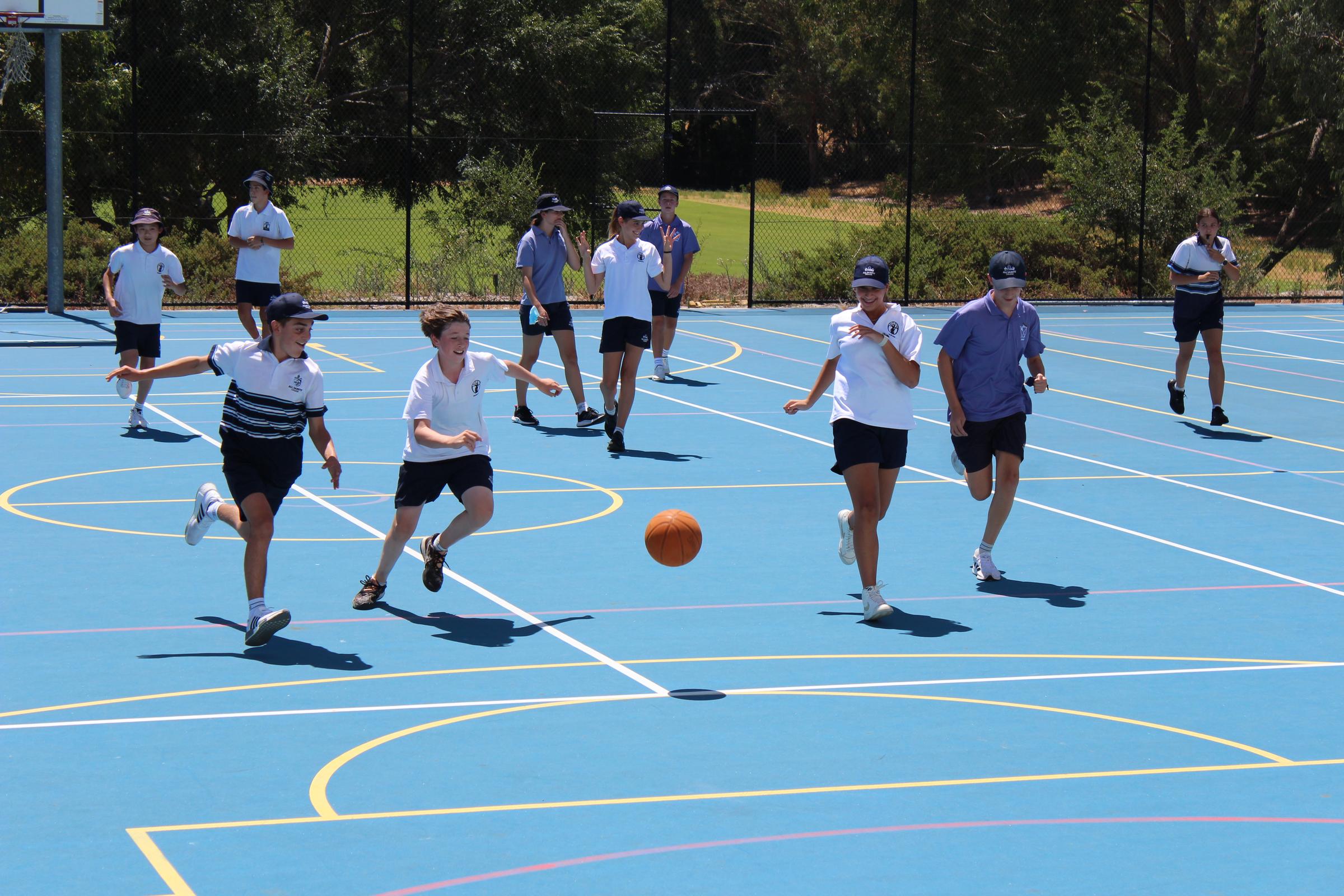YEAR 10 COMPULSORY SUBJECTS

HEALTH AND PHYSICAL EDUCATION LEARNING AREA
HEALTH EDUCATION
Health Education provides students with the opportunity to begin to focus on issues that affect the wider community. They study external influences on health decisions and evaluate their impact on personal identity and the health of the broader community. Students continue to develop and refine communication techniques to enhance interactions with others, and apply analytical skills to scrutinise health messages in a range of contexts. The Year 10 Health Education program is underpinned by the principles of harm minimisation. The program aims to equip students with applicable, meaningful and interesting information, knowledge and skills in order to reduce harm to themselves, others and the community. Students will also participate in Keys for Life Driving Education Program and given an opportunity to sit the theory component of the course.
PHYSICAL EDUCATION
In Year 10 Physical Education students continue to improve performance across a variety of activities and transfer learned specialised movement skills with increasing proficiency and success across a variety of contexts. They use feedback to improve their own and others' performance with greater consistency, and critically evaluate movement responses based on the outcome of previous performances. Through the application of biomechanical principles to analyse movement, students broaden their understanding of optimal techniques necessary for enhanced athletic performance.
Students self-assess their own and others' leadership styles and apply problem-solving approaches to motivate participation and contribute to effective team relationships. They are also provided with opportunities to assume direct control of physical activities in coaching, coordinating or officiating roles.
Learning through the three distinct areas of moving our body, understanding movement, and learning through movement, students will partake in a range of Invasion Games, Net Games, Striking and Fielding Games, Aquatics, Athletics, fitness, and activities that promote lifelong participation.
Alongside Health, the Physical Education program provides opportunities for students to develop, enhance and exhibit attitudes and values that promote a healthy lifestyle.
LIFE SKILLS
All students in Year 10 study Life Skills for one period per week. This is a course designed specifically for our students’ particular needs and provides an opportunity for discussion without the pressure of assessment. Issues relating to the students’ lives and development are overtly explored, providing another dimension to their holistic education.
Students will be guided in various career opportunities and introduced to pathways, WACE requirements and other facets leading them to the world of employment and tertiary study. Various interpersonal skills are examined, with a focus on values and developing successful relationships. Concepts of inclusion, diversity, gender and stereotyping will be explored within the broader focus of relationships. Communication skills will be analysed to identify the effects of perception and empathy on understanding others. As the students move towards greater leadership opportunities in the senior years at the College they work through specific team and leadership skills. Lessons will be largely discussion and activity based, providing the students with experiential learning using a range of contemporary media.
RELIGION AND PHILOSOPHY
All students in Year 10 study Religion and Philosophy for one period per week. Each lesson has a period of time dedicated to 'Stillness and Silence' which allows the students to experience and develop relaxation and mindfulness skills. Students will examine skills in critical thinking and applying this to contemporary moral issues. The topics and concepts we will be covering include fairness, human rights, abortion, capital punishment, euthanasia, legal drinking age and asylum seekers. Students are equipped to develop reasoned responses and reflect on their arguments for validity and consistency. They will also be reflecting on typical responses to some of these ethical questions from the perspectives of the six major world religions.